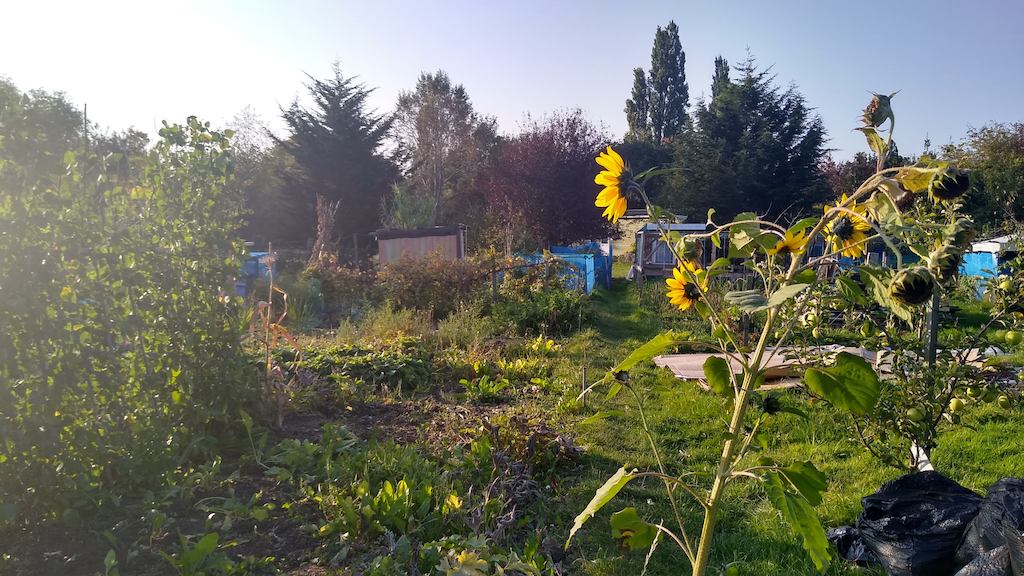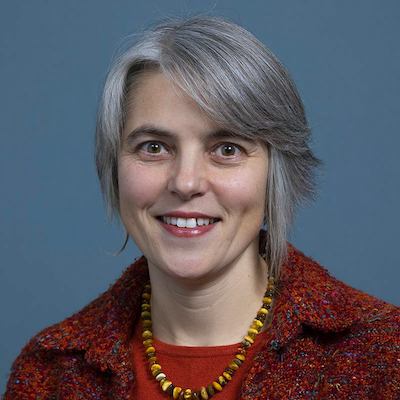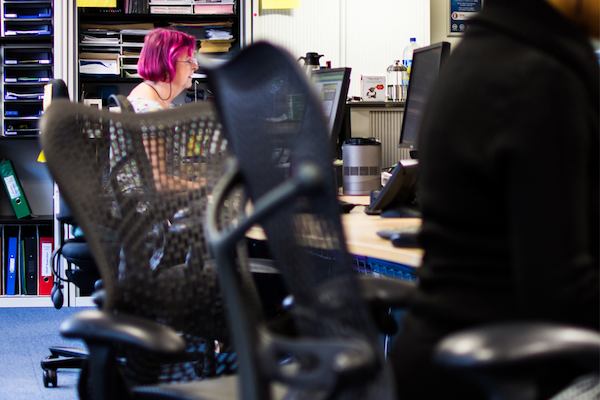It is one year since the murder of George Floyd shocked the world. This horrific event, and the spread of the Black Lives Matter movement, kickstarted a global reckoning with the extent of racial injustice in our societies. These events also importantly prompted conversations in charities and businesses around the country about our role in tackling racial injustice.
At Ageing Better our mission is to improve later lives with a particular focus on those who are at risk of missing out on outcomes such as financial security, good health, social connections, and meaning and purpose. It is therefore critical we understand who in society is at risk.
In our analysis of the experiences of people approaching later life we sought to understand specifically how experiences varied by ethnicity and race. We found shocking ethnic inequalities among people in their 50s and 60s. While the average weekly income of White people in their 50s and 60s is nearly £500, for Black people in this age group it is just £397. Despite this, Black people in their 50s and 60s are far more likely to still be working compared to White people (74% compared to 60%). In fact, White people are nearly three times more likely to have retired than Black people (28% compared to 11%). At Ageing Better, we are working to ensure that everyone is able to enjoy a financially secure later life, and this research has highlighted the particular challenges faced by Black people approaching later life. Meanwhile, we found that while nearly half of White people in their 50s and 60s own their home outright, only 13% of Black people do – and Black people are significantly more likely to live in deprived areas than their White peers.


